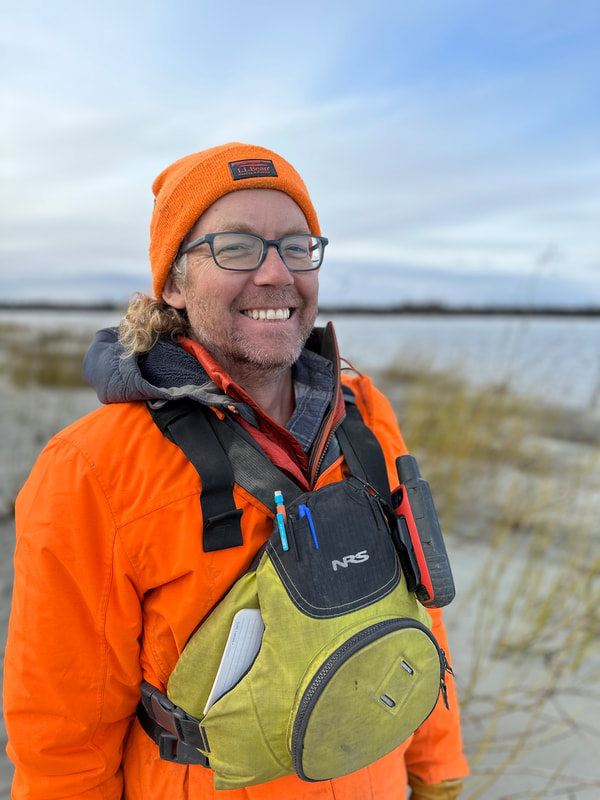About Us
|
John Stedman Magyar is a Research Scientist in the Division of Geological and Planetary Sciences at Caltech. He works with Prof. Woody Fischer and Prof. Victoria Orphan on a wide variety of projects ranging from bank erosion and carbon fluxes in the Yukon watershed, to methane oxidation and marine microbial ecology in the deep ocean, underwater imaging spectroscopy of eelgrass in Lower Newport Bay, among others.
Previously, Magyar was a faculty member in Chemistry at Barnard College, where he continues to advise undergraduate research students. Magyar and his group are exploring molecular mechanisms of cold adaptation, specifically in the hydrocarbonoclastic, psychrophilic bacterium Colwellia psychrerythraea. The group is also investigating the molecular details of trace metal uptake and homeostasis in environmentally important microorganisms, such as marine phytoplankton and methanogenic archaea. Magyar was a postdoctoral scholar in chemistry at the California Institute of Technology (with Harry B. Gray), where he studied electron transfer kinetics and protein dynamics. Magyar's doctoral research, at Northwestern University (with Hilary Arnold Godwin), provided important insights into the molecular mechanisms of lead(II) poisoning. |
Awards
2013 Gladys Brooks Faculty Excellence in Teaching Award
2012 Barnard Presidential Research Award
2012 Barnard Presidential Research Award
